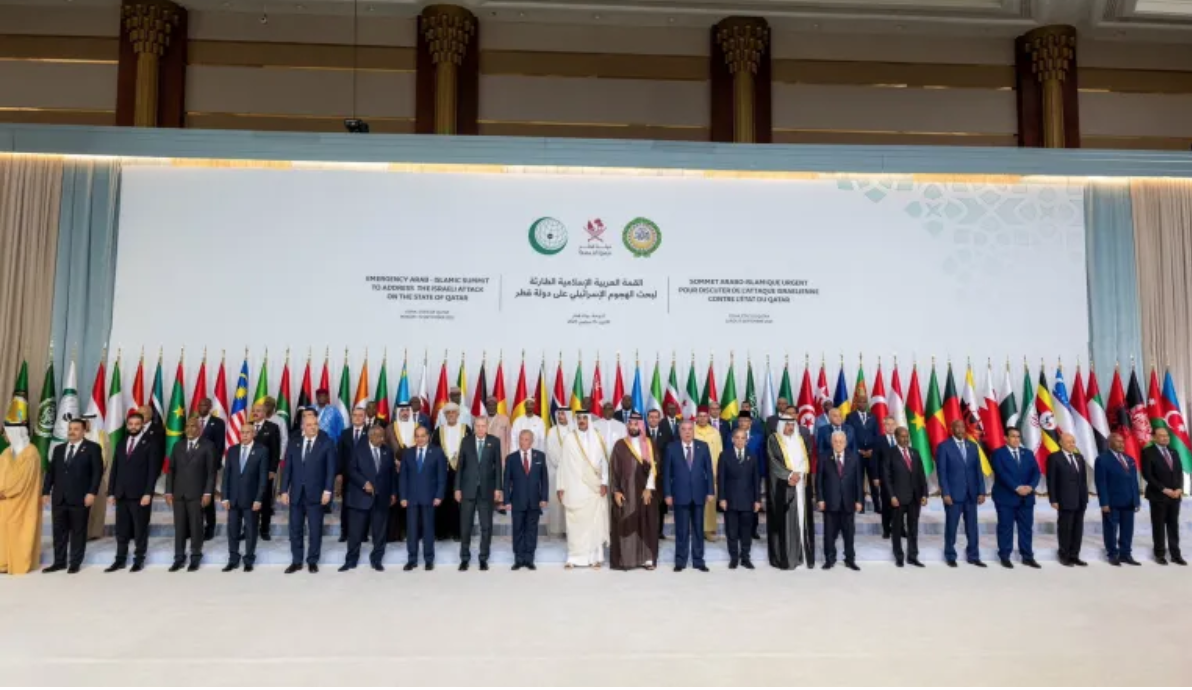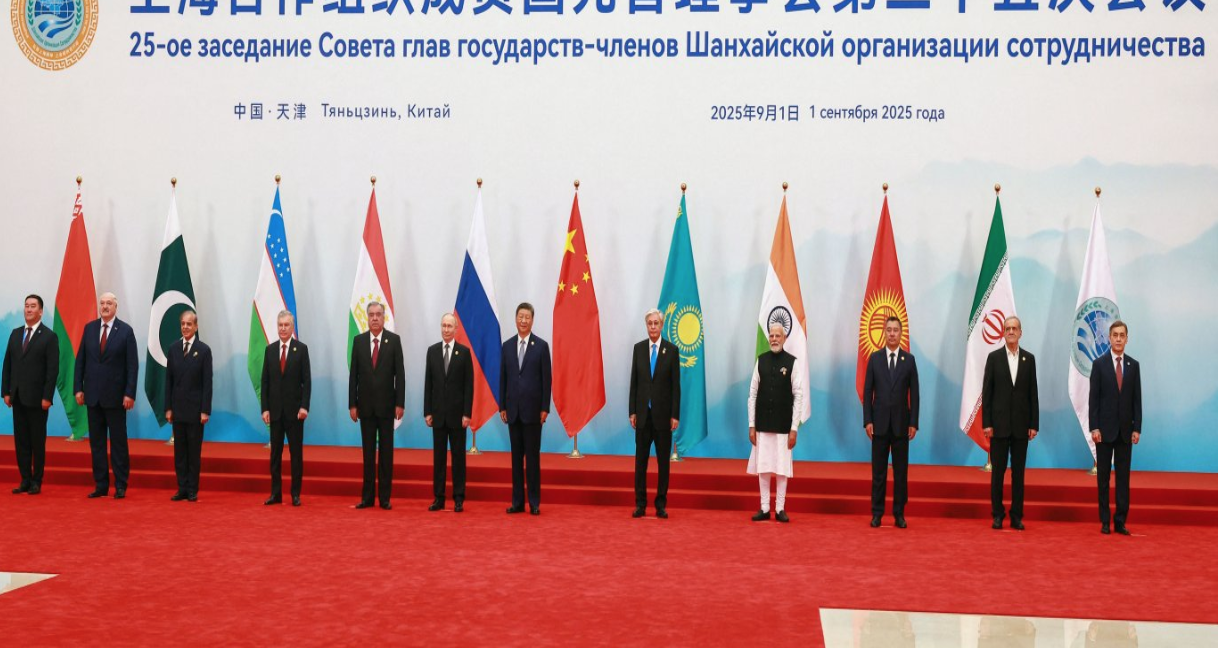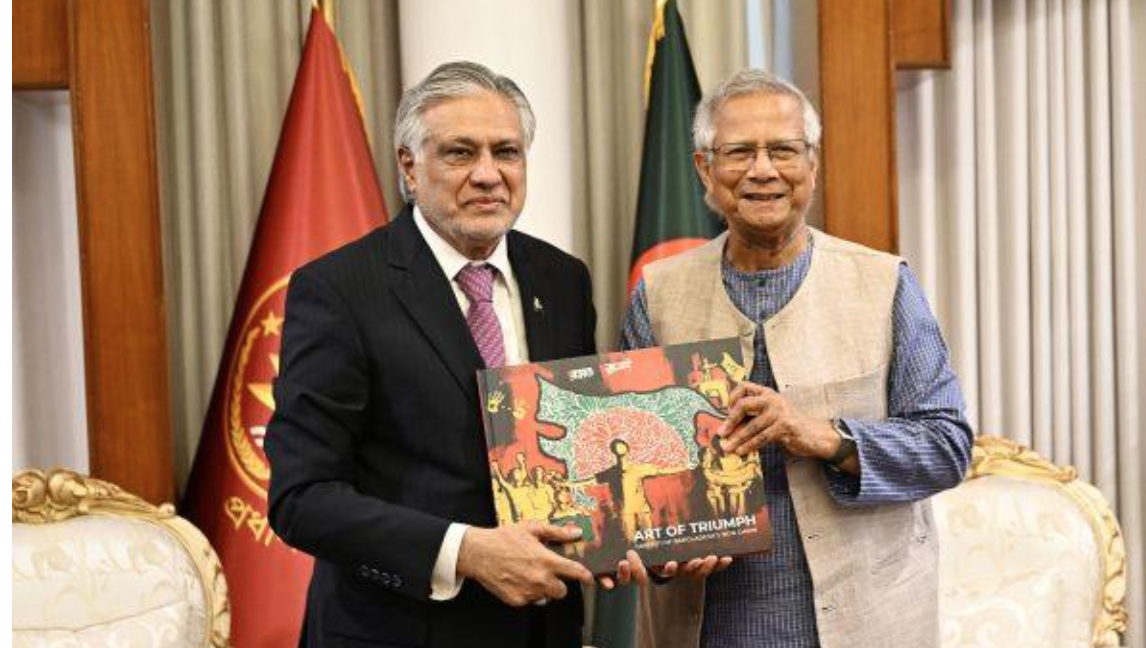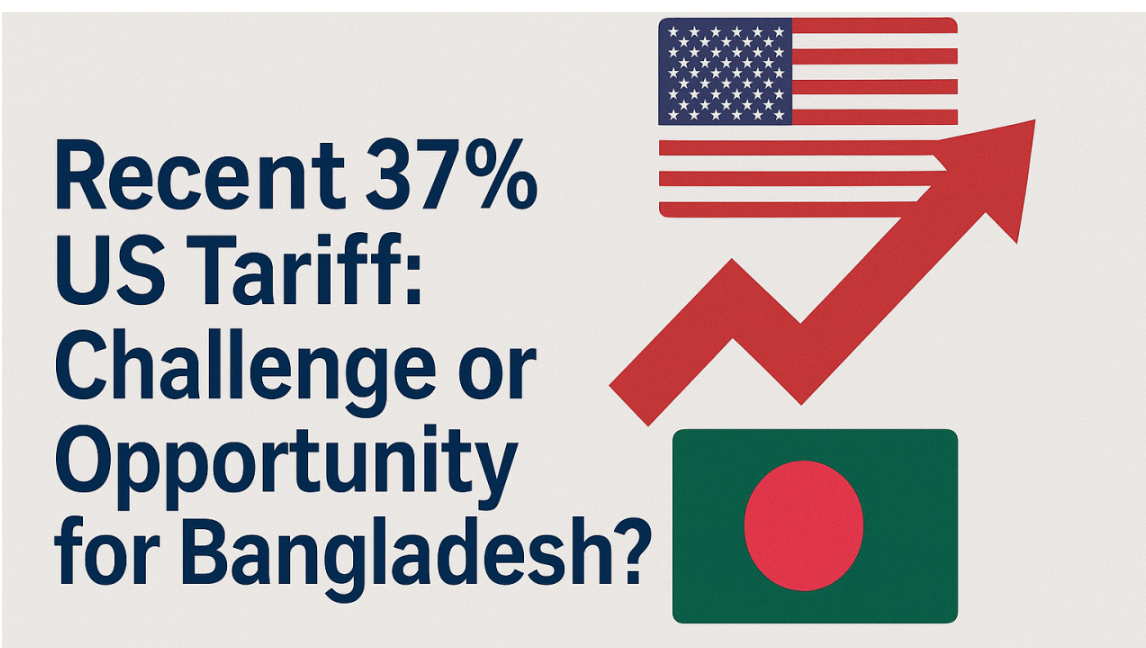Israel’s September 9 airstrike on Qatar has thrown the Gulf into a renewed state of anxiety. The attack—an unprecedented assault on a state long regarded as neutral—exposed the brittle foundations of the region’s security architecture. For decades, Gulf monarchies believed that Washington’s military umbrella, backed by arms contracts and political patronage, would deter such crises. That illusion is now unravelling.
The strike on Doha was not just an act of aggression—it was a turning point. It reminded the Gulf states that external protection can be conditional, reactive, or even complicit. It also revealed how quickly regional alignments can shift when the spectre of war appears on their own doorstep.
A Fragile Show of Unity
The immediate diplomatic response was unprecedented. Saudi Crown Prince Mohammed bin Salman and UAE President Mohammed bin Zayed, once at odds with Qatar during the 2017–2021 blockade, condemned Israel’s “brutal aggression” and declared solidarity with Doha. For a brief moment, the Gulf appeared united.
But the symbolism of unity should not be mistaken for structural cohesion. The Gulf Cooperation Council (GCC) remains deeply divided by strategic priorities, rival ambitions, and contrasting visions of leadership. Even as Doha and Riyadh exchange gestures of friendship, the region’s militaries continue to operate independently, with no functional joint command or coordinated defence posture.
That weakness is not new. The Peninsula Shield Force, established in 1984 as a collective defence mechanism, has remained largely symbolic. Its only significant deployment—to Bahrain in 2011—was to protect a monarchy, not defend against an external threat. The current moment should have been its vindication; instead, it underscores its dormancy.
Washington’s Waning Umbrella
At the heart of the Gulf’s insecurity lies its fading confidence in the United States. Washington’s cautious responses to attacks on Saudi Aramco in 2019, Houthi drone strikes on Abu Dhabi in 2022, and now Israel’s strike on Qatar, have raised uncomfortable questions. If America cannot—or will not—prevent such incidents, what does its “security guarantee” truly mean?
The fact that Qatar, home to the U.S. Central Command’s forward headquarters, could be struck at all is alarming. It has led many Gulf policymakers to reconsider the limits of American protection quietly. Yet, paradoxically, no Gulf state is prepared to break free from U.S. dependency. Arms contracts, intelligence sharing, and logistical networks keep Washington entrenched in the region’s security matrix.





